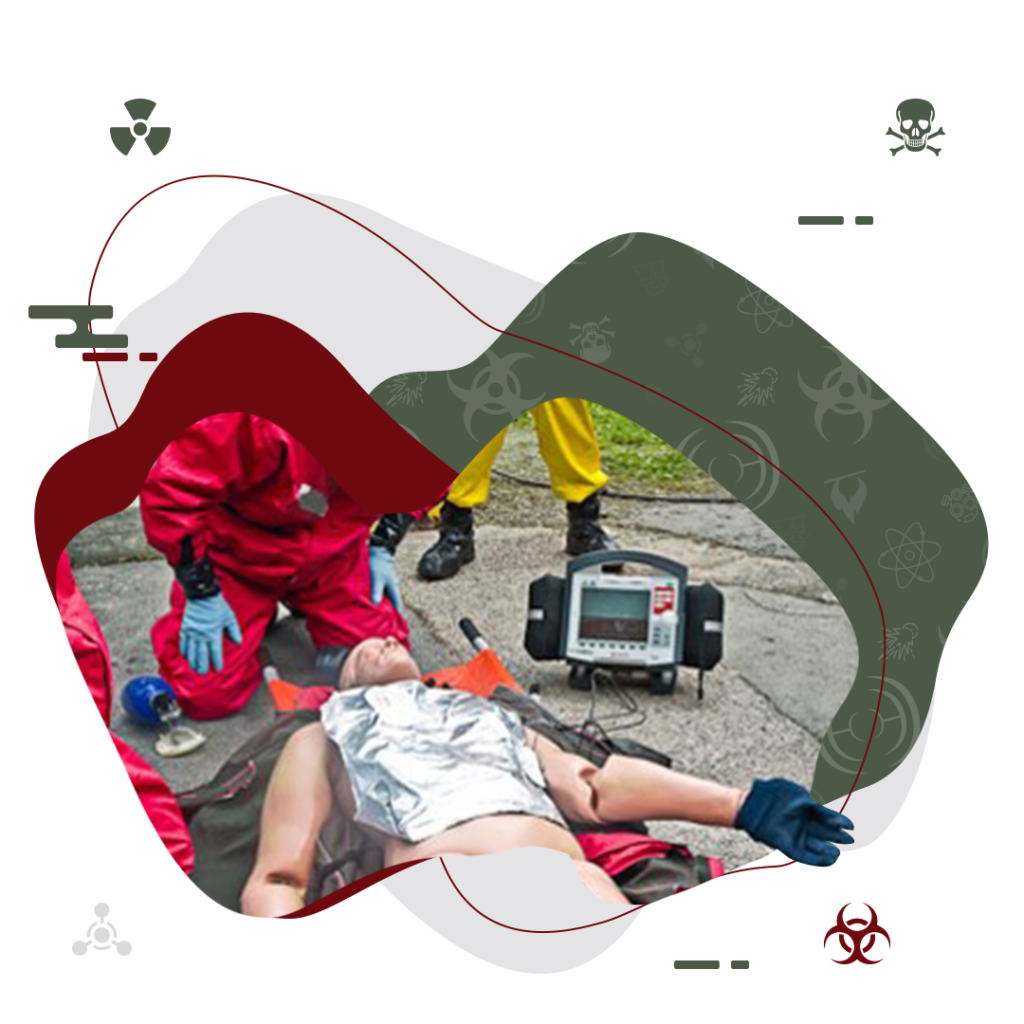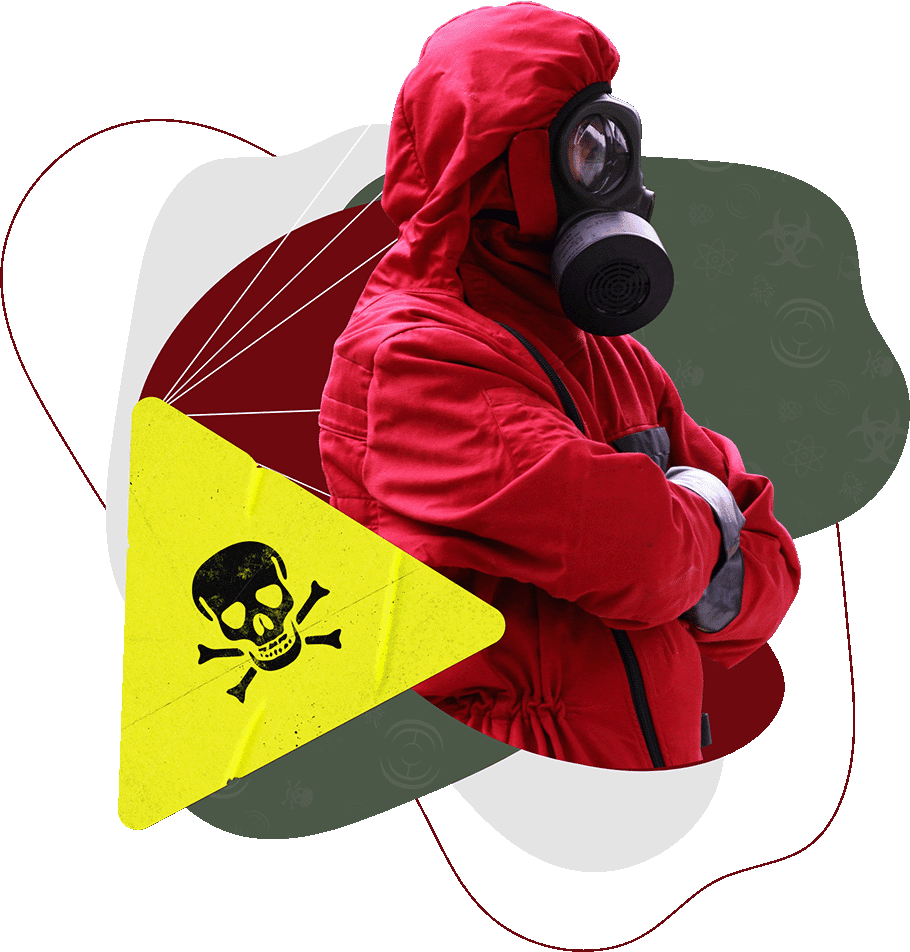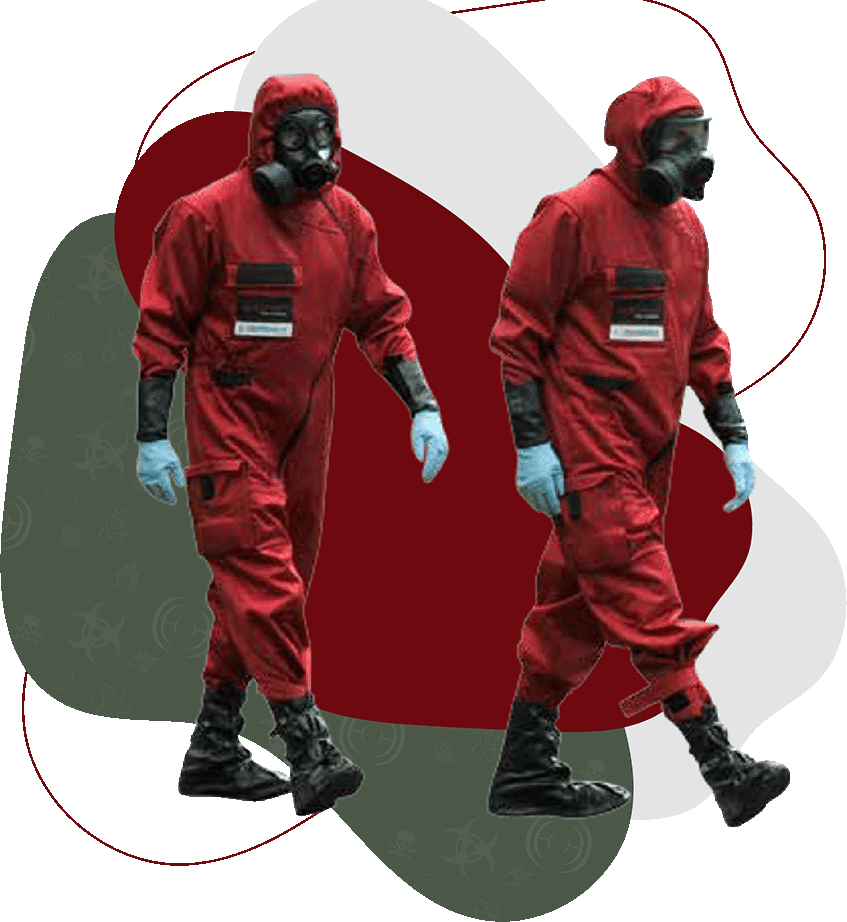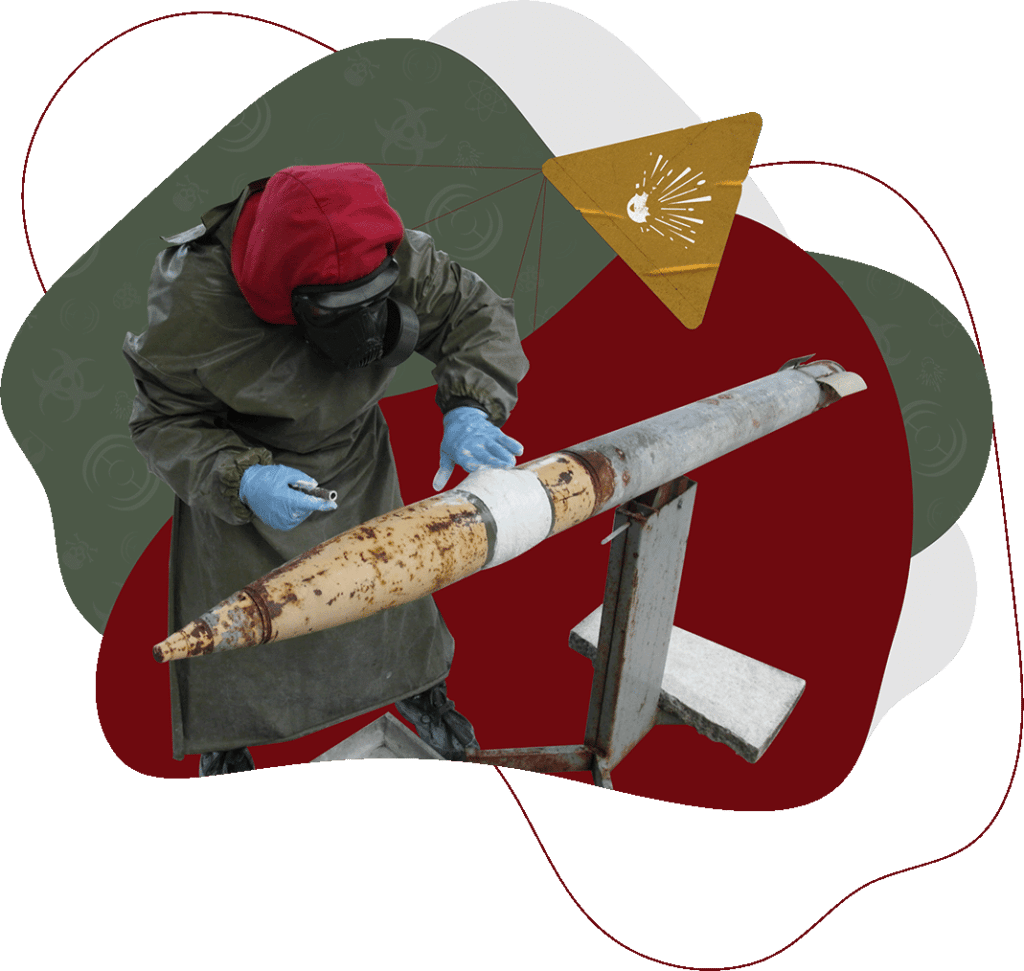Check Our
Environment Sampling
We aim to make the world a safer place by providing state of the art training, equipment, security and consulting services to the CBRNE response and environmental protection community.
Introduction
Environment Sampling
- How a sample is taken from the environment is key in identifying it’s composition and as such is tied to the analytical method employed to identify it.
- There are many sampling methodologies, based on statistic processing, equipment and as well as ensuring the chain of custody if required. Key factors to determine a good sample include:
- Understanding of the sample to be taken; natural / non natural.
- Concentrations and the effect of sampling equipment.
- Sorption of the substance in relation to sample media.
- Analytical interferences.


Training within
Substances Used
- Sampling practice will be done in the first instance with non-harmful substances and then controlled quantities of harmful substances commonly found in the environment using a selection of different matrixes; these include:-
- Pesticides.
- Heavy metals.
- Organic industrial solvents.
- Polychlorinated biphenyl – PCB.
- Asbestos sampling.
- Depleted uranium.
- Microbiological sampling (non pathogenic).
HZS NUMBERS
the most trustworthy and reliable in the industry
Our intention is then to widen the spectrum of our services to not only include onsite vocational and applied training but also equipments and international organisations.
+
0
Years Of Experience
+
0
Professional Course
+
0
Qualified Expert
+
0
Hour of knowledge
Course Structure
Sampling Theory
- Characteristics of the given compounds and potential locations.
- Toxic characteristics of each compound group.
- Matrixes attributes, relative to analytical techniques.
- Characteristics of microbiological contamination and microorganisms.
- Microbiological sampling techniques.


Course Structure
Demonstrations & On Site Sampling
- Using typical environmental sampling equipment in a laboratory setting.
- Development of a Sampling Plan for on site phase.
- Conducted on a selected industry location in real conditions where students will execute their sampling plan.
- Course Duration: 2 Weeks – to include Saturday mornings.
- Departure / Arrival on Sundays (Can be adjusted if required).
Get Started Now!
We believe that every person has the potential to achieve success. That's why we offer a free consultation to discuss your individual goals and create a customized plan to help you achieve them.

